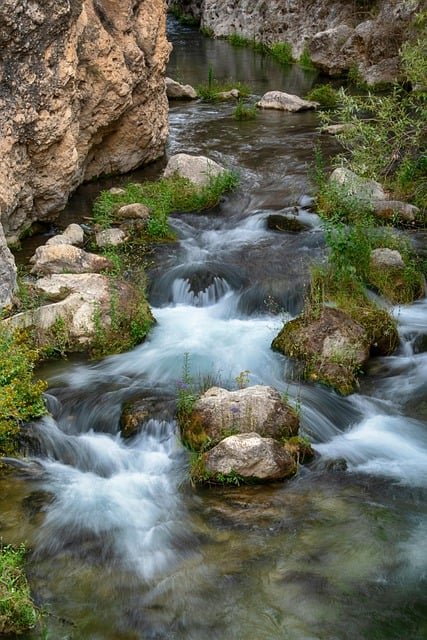Choosing the right wine cooler is essential for any enthusiast looking to preserve their collection’s integrity. This article delves into the critical factors of temperature stability and humidity control, explaining how the right appliance safeguards your investment and enhances your tasting experience by ensuring each bottle is served at its absolute best.
The Critical Role of Temperature Stability
Consistent temperature is the single most important factor in wine preservation. Fluctuations cause the liquid to expand and contract, which can push the cork out slightly, allowing oxygen to seep in and prematurely age the wine. This oxidation leads to a loss of aroma, flavor, and complexity. Experts, including those from the Wine Spectator, consistently emphasize that a constant temperature between 45°F and 65°F (7°C and 18°C), depending on the wine type, is non-negotiable for long-term aging. A dedicated wine cooler is engineered to maintain this precise stability, something a standard refrigerator cannot achieve, making it an indispensable tool for protecting your collection from thermal damage.
Humidity Control and Vibration Reduction
Beyond temperature, two often-overlooked yet vital elements are humidity and vibration. Ideal humidity levels (generally between 50-70%) keep corks from drying out and shrinking. A dry cork is a failed seal, again permitting oxygen to enter and spoil the wine. Furthermore, excessive vibration can disturb the sediment in older wines and potentially accelerate chemical reactions within the bottle, negatively impacting the maturation process. Modern wine storage units address these concerns directly. They incorporate features like protected compressors to minimize vibration and some models even include humidity control systems. For the discerning collector, investing in a high-quality wine cooler that manages all three factors—temperature, humidity, and vibration—is the definitive method for ensuring every bottle reaches its full potential.
In summary, proper wine storage transcends mere cooling. It is a science of balancing temperature consistency, adequate humidity, and minimal vibration. By understanding these core principles and investing in specialized equipment designed to control them, you actively preserve the character, value, and intended taste profile of your wine, guaranteeing a perfect pour every time.
